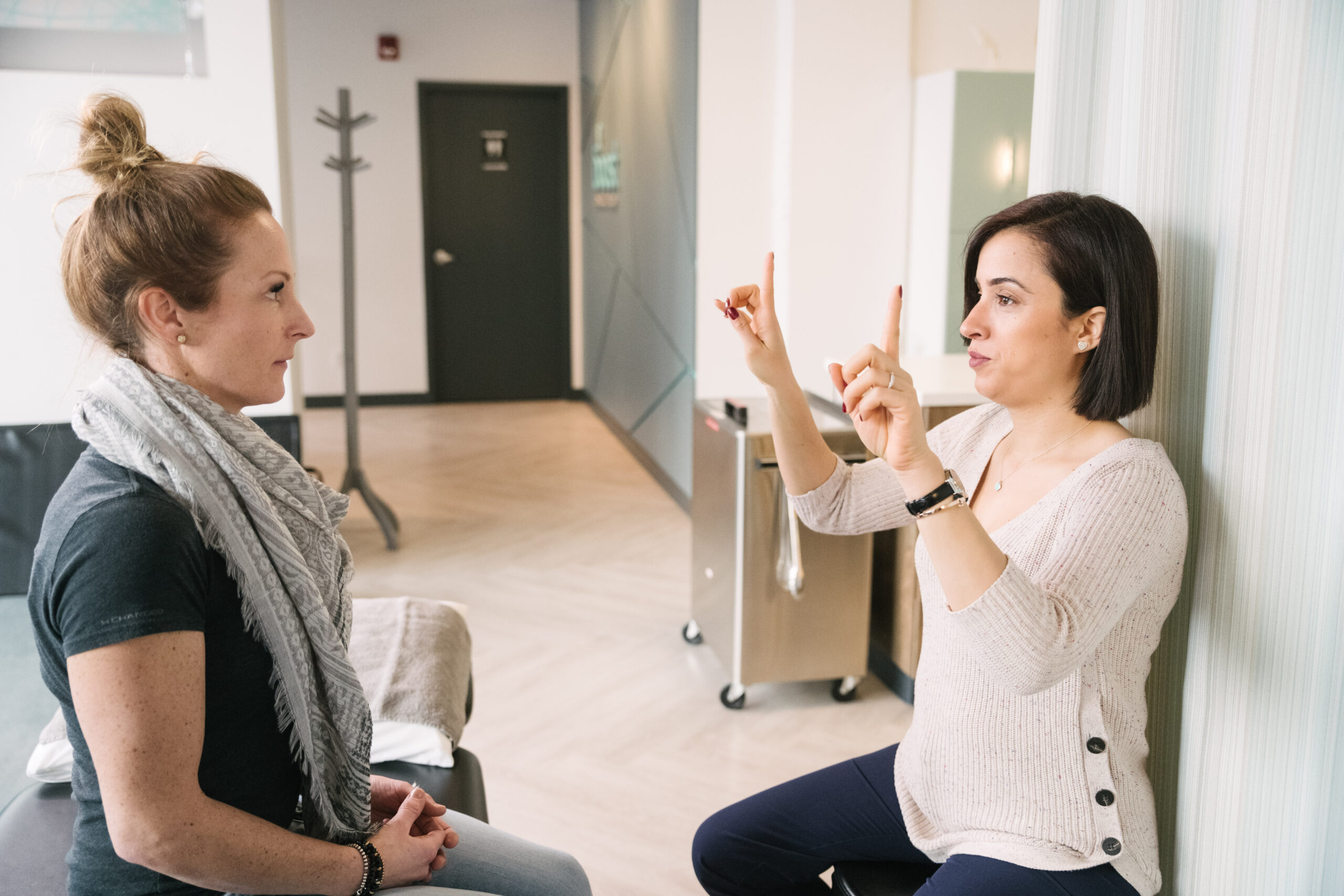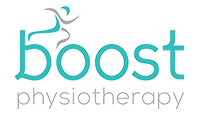
How Serious are Concussions?
Did you know that approximately 42 million people worldwide suffer from a concussion every year? That’s a lot of concussions and yet many of these often go undiagnosed and untreated! This happens because the signs and symptoms associated with concussions may not present as obvious or immediately as people think they would, making it difficult to diagnose. Therefore, some people might not know that they have a concussion or think it’s only a minor one. If you suspect that you are experiencing a concussion, even if it’s minor, be sure to visit a healthcare professional to get it checked out!
What is a Concussion?
Let’s start by briefly exploring the anatomy of the brain. Your brain sits within the skull, but between the skull and the brain itself, we have this fluid called “cerebrospinal fluid.” This fluid serves as a “cushion,” so its role is to protect our brain from any knocks or bumps to the head. However, when there is a blow or hit to the head and/or upper body, or a sudden change of motion, the brain will move and strike the inside of the skull, resulting in a concussion. A concussion is a minor traumatic brain injury that temporarily affects some brain functions such as concentration, balance, and memory. Other ways concussions can happen are from motor vehicle accidents, violently shaking the head, activities that have a high risk of falling (eg. horseback riding, skiing, cycling), sports – especially contact sports – (eg. football, soccer, boxing), and exposure to explosions (eg. military). In most cases, people do not lose consciousness when they get a concussion, but it can happen to a small number of people.
What are the Signs and Symptoms of a Concussion?
The 3 most commonly seen signs and symptoms include headaches, memory loss, and confusion or “feeling like you’re in a fog”. Other signs and symptoms can include, but are not limited to:
- Vomiting and/or nausea
- Vision or speech problems
- Dizziness
- Vertigo
- Ringing in the ears
- Feeling disoriented
- Lack of awareness of your surroundings
- Difficulty concentrating
- Delayed response to questions
- Lack of coordination (eg. stumbling, unable to walk in a straight line)
- Sensitivity to light and/or noise
- Fatigue
- Behavioural or mood changes (eg. randomly crying)
- Sleep disturbances
- Temporary loss of consciousness
Children can also get concussions; however, the ability to detect that it’s present is even more difficult compared to adults. This is because kids may not be able to describe how they feel. Here is a list of possible signs and symptoms you can look out for that might indicate a child is suffering from a concussion:
- Dazed appearance
- Vomiting
- Seizures
- Irritability and crankiness
- Loss of balance/unsteady walking
- Excessive crying
- Lack of interest in their regular toys
- Changes in eating or sleeping patterns
- Getting tired more easily than usual
If you are experiencing any severe signs or symptoms such as the ones listed below, please be sure to visit the emergency department as soon as possible:
- Repeated vomiting and/or nausea
- Loss of consciousness
- Headaches that are getting worse with time
- Unusual fluid or blood drainage from the ears or nose
- Weakness or numbness in the arms or legs
- Continuous confusion or disorientation
- Slurred speech or changes in speech
- Seizures or convulsions
- Pupils that are unequal in size or other changes in vision
How to Diagnose a Concussion?
Unfortunately, there are no specific tests that indicate whether a concussion is present or not. So how do we know if you have a concussion? Diagnosing currently relies on what signs and symptoms you report to your healthcare professional (i.e., physician or physiotherapist). When you arrive to your appointment, the doctor or physiotherapist will ask you a series of questions that include how the concussion occurred, where your head was hit, and what signs and symptoms are present. After that, they can perform specific exams that target the neurological system – where they look at your vision, hearing, strength, sensation, reflexes, balance, and coordination – and your cognition – where they look at your memory, ability to recall information, and concentration. If necessary, a CT scan can be ordered by a physician to see how serious the concussion may be.
For athletes, practitioners that are present on the sidelines can use the Sport Concussion Assessment Tool (SCAT5) if they suspect an athlete has a concussion while playing sports. If an athlete reports concussive signs and symptoms, it is recommended that the athlete should not return to play on the same day as the injury. A common phrase for athletes to remember is: “If in doubt, sit it out!”
How Can Physiotherapists Treat Concussions?
Did you know that attending physiotherapy early after a concussion may lead to a faster recovery? Physiotherapists can work with you to reduce or eliminate symptoms that you may be experiencing from your concussion. This can include treating headaches, dizziness, vertigo, and neck pain. Physiotherapists can also assist with balance and coordination retraining, strength and endurance training, and dual/multitask training. They can work with you to develop a gradual return to sport/work/activity program to slowly ease you back to your everyday life, while closely monitoring your symptoms!
What Can I Do to Help My Concussion?
Here are 7 key points that you can use to help your concussion recovery process:
- Do not drive or drink alcohol after a concussion.
- Avoid taking certain medications (aspirin, anti-inflammatory medication, sleeping or sedative medications).
a. Be sure to ask your pharmacist or family physician if there are any other medications that should be avoided. - Rest as needed.
a. It is recommended that you rest for the first 24 hours after a concussion. However, you can continue your daily life within 24-48 hours, as long as the activities you choose to do are not aggravating your symptoms. - Keep your stress levels to a minimum! Stress can make your symptoms worse, so be sure to limit the amount of thinking and concentrating you have to do within the first few days after the concussion.
- Limit screen time.
a. Try lessening the amount of time spent watching TV, playing videogames, using a computer, texting, etc., as these activities can aggravate your symptoms in the first few days. - Engage in light physical activities and exercise as tolerated! Research has shown that participating in exercise and physical activity can speed up your recovery.
- Don’t rush the recovery process!
a. Concussions can be frustrating because you just want to get back to your normal life, but keep in mind that it needs to be a gradual return to work or activity, with the goal of having no more symptoms present.
b. For athletes, if you resume sports without fully recovering from your first concussion, it can increase the risk of a second concussion, which can cause significant and serious complications!
At Boost Physiotherapy, our physiotherapists are ready to assist you with any pain or conditions that you may have! If you think you are suffering from a concussion, talk to one of our physiotherapists and they will work with you to determine what treatment options best suits your needs. If you have any further questions about concussions, book an appointment online or call us today at 587-635-5555 (South Edmonton) or 780-591-5555 (Stony Plain). Our physiotherapists will be happy to assist you in any way!
BY: gcowan
Uncategorized
COMMENTS: No Comments
